All Stories
-
 Psychology
PsychologyHypothesis on evolution of PMS attracts hostility
A new hypothesis states that PMS is evolutionarily useful for making women leave an infertile partnership. But other scientists question whether the hypothesis is reasonable or, in fact, even necessary.
-
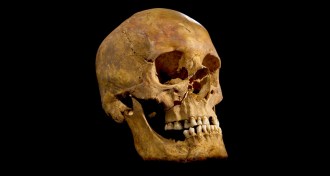 Anthropology
AnthropologyRichard III ate like a king before biting the dust
King Richard III’s brief reign included a sudden shift to eating fancy food and drink.
By Bruce Bower -
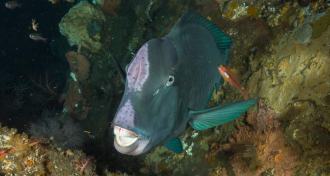 Animals
AnimalsBumphead parrot fish declare their arrival with a crunch
Months of swimming with the coral-biter bumpheads exposes the animal’s extreme digestion and also a conservation dilemma.
By Susan Milius -
 Life
LifeNew gut-dwelling virus is surprisingly common
It’s not clear yet whether the bacteriophage crAssphage, found in people’s intestines, has any health effects.
-
 Science & Society
Science & Society‘Enlightening Symbols’ shows how math’s language arose
From numerals to infinity, symbols have advanced mathematical thinking.
-
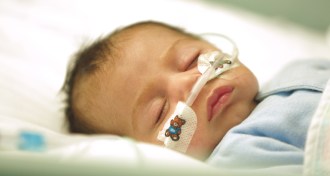 Health & Medicine
Health & Medicine‘NOVA’ takes science’s side in vaccine debate
A TV documentary dissects concerns about vaccinations and spells out the science supporting their use.
By Nathan Seppa -

-
 Earth
EarthSometimes value lies deep below the surface
Stories on jellyfish, Ebola, carbon capture's future and heart disease's past reveal how crises old and new often lead to science's healthiest advances.
By Eva Emerson -
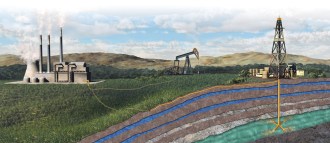 Environment
EnvironmentCarbon capture and storage finally approaching debut
Carbon capture and storage offers a way to rein in global carbon emissions. But financial and regulatory obstacles, as well as public fears, are delaying the technology’s long-awaited implementation.
By Beth Mole -
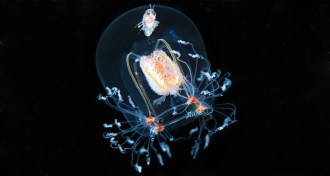 Animals
AnimalsSeeing past the jellyfish sting
Jellies don’t get nearly as much love as their cousins, the corals, but they deserve credit for providing homes to some creatures, dinner to others and more. They’re an integral part of the oceans.
By Susan Milius -
 Life
LifeTest drug stops Marburg virus in monkeys
Using a nano-size piece of RNA, scientists have stopped Marburg virus in monkeys.
-
 Materials Science
Materials ScienceMagnets get flipped by light
Controlling magnetism with lasers could lead to faster computer hard drives.
By Andrew Grant